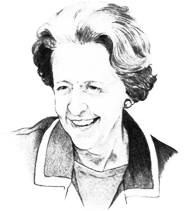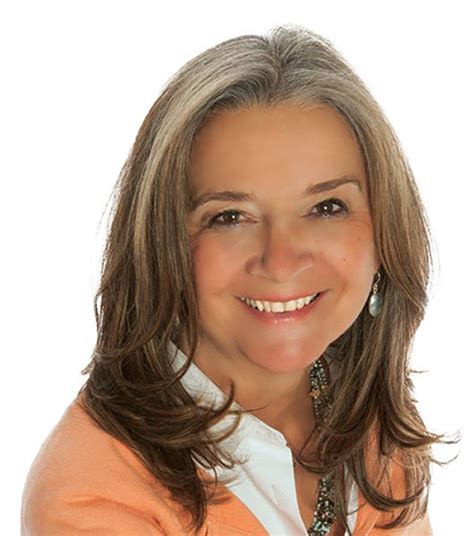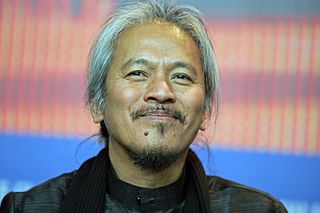A Quote by Neil deGrasse Tyson
The idea that God resides in the unknown is what philosophers call the God of the gaps. And we have this thing called science, which marches on and makes discoveries in those gaps, ultimately closing gaps.
Related Quotes
The gaps are the thing. The gaps are the spirit's one home, the altitudes and latitudes so dazzlingly spare and clean that the spirit can discover itself like a once-blind man unbound. The gaps are the clefts in the rock where you cower to see the back parts of God; they are fissures between mountains and cells the wind lances through, the icy narrowing fiords splitting the cliffs of mystery. Go up into the gaps. If you can find them; they shift and vanish too. Stalk the gaps. Squeak into a gap in the soil, turn, and unlock-more than a maple-universe.
There's a gap between what I want to do, what I do on camera, and what gets edited. Right? So the goal is to try and close the gaps. What's the biggest compliment is if I read a review and it's exactly what I wrote down in my diary before ever filming it. That's really cool. That's the biggest signifier of closing the gaps.
Scientists rightly resist invoking the supernatural in scientific explanations for fear of committing a god-of-the-gaps fallacy (the fallacy of using God as a stop-gap for ignorance). Yet without some restriction on the use of chance, scientists are in danger of committing a logically equivalent fallacy-one we may call the “chance-of-the-gaps fallacy.” Chance, like God, can become a stop-gap for ignorance.
For me, it is about using everything that is there and using the gaps in the record, figuring out why the gaps might be there. And then when you move on to the level of what historians said, laying the interpretations side by side. You also have to look back at the documents and make your own judgments. What the record says and what people say about it. A novelist can fill the gaps in a way that a biographer cannot.




































